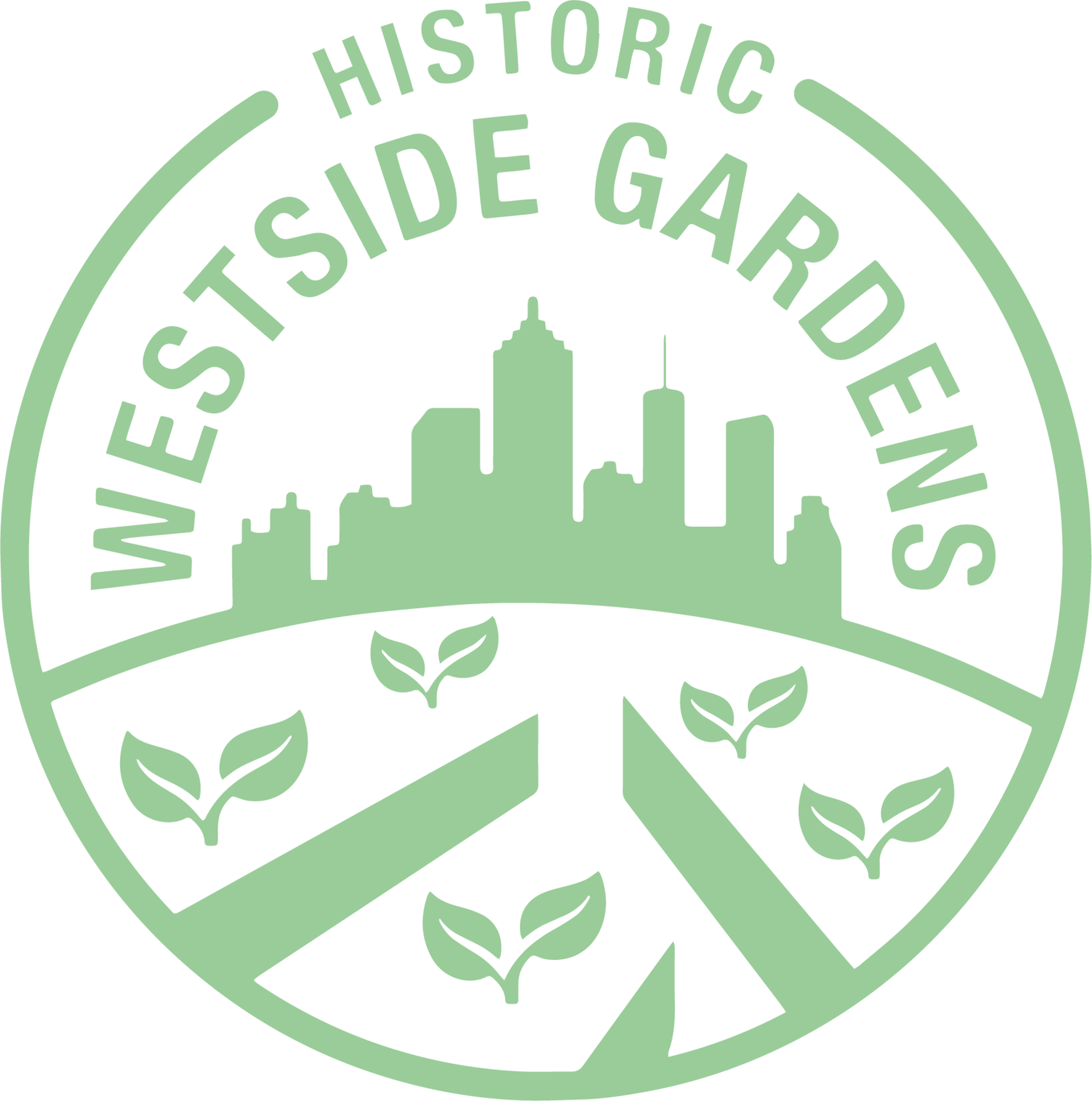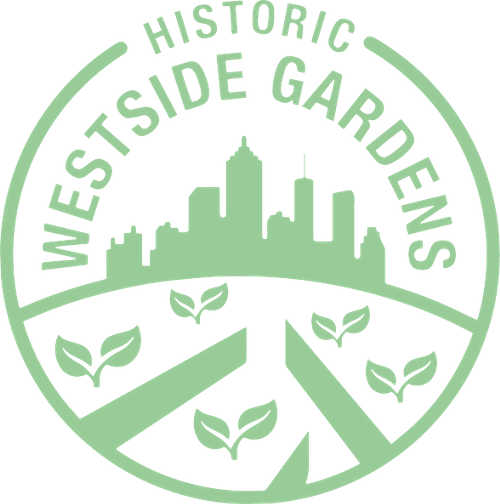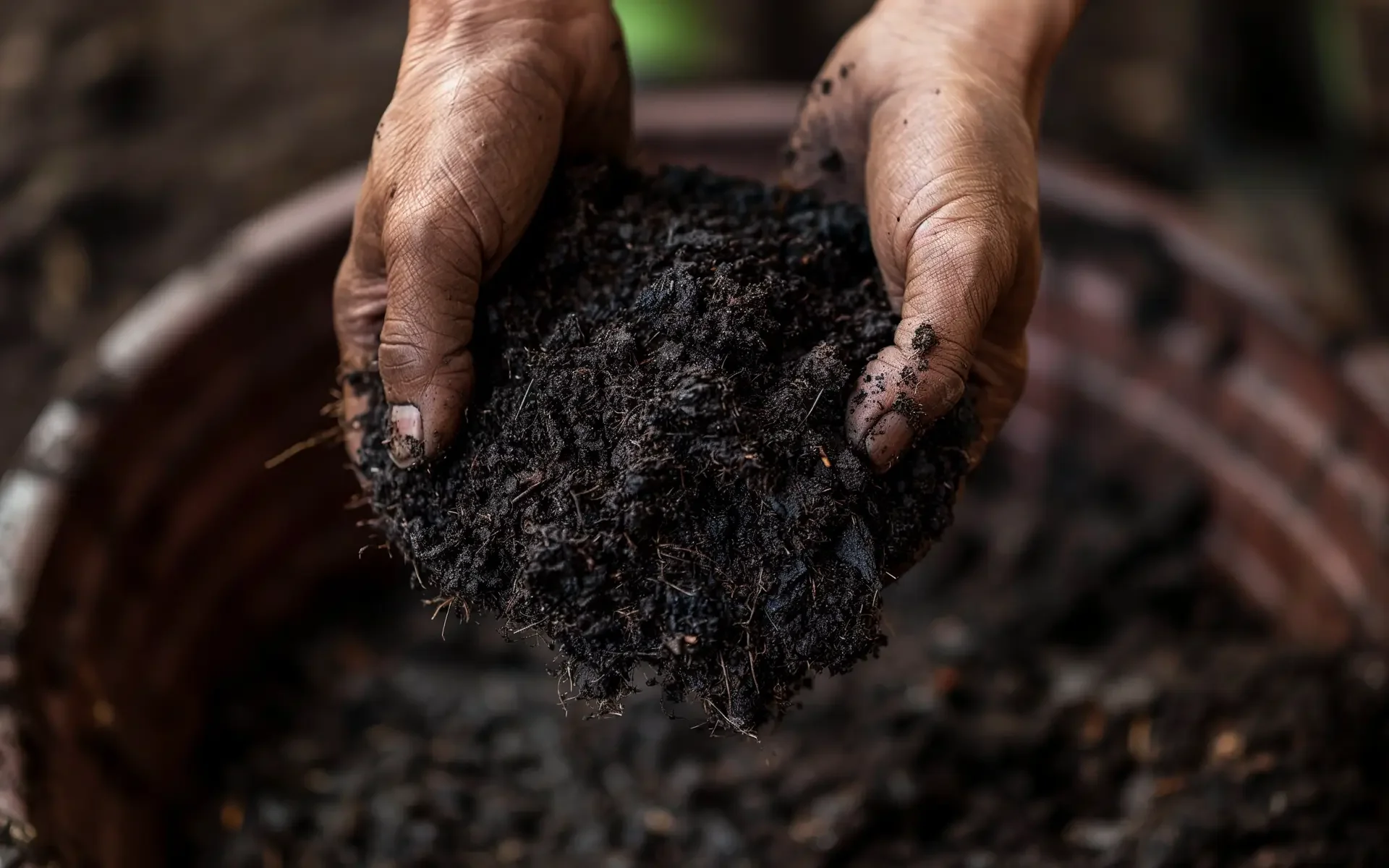Community gardening projects are popping up all over. Setting up a garden helps bring the neighborhood together, makes use of wasted space, improves air quality, provides food for insects and birds, and produces fresh food. If you are involved in setting up a community garden, you need to include a system for composting leftover vegetation.
The Westside Compost Program operates as a simple and sustainable bucket exchange system. When residents or businesses sign up, we provide them with a compost bucket to collect food scraps and other compostable materials throughout the week. Once the bucket is full, our team comes by to pick it up and immediately replaces it with a freshly cleaned container. This cycle repeats weekly, making it easy and convenient for our community to participate in composting without the mess or hassle. By working together in this “bucket brigade” style, we reduce waste, enrich our soil, and strengthen our neighborhood’s commitment to sustainability.
HWG COMPOST PROGRAM
Community composting creates economic opportunities. Community composting empowers individuals, businesses, and institutions to collect organic materials formerly considered “waste” and repurpose them as a community resource.
When compost is produced and used locally, the dollars and resources that go into the process stay local, benefitting the community that provided the organic materials to be composted. Local compost is used to grow local food, supporting other small businesses and a resilient food system.
Community composting engages and empowers the community. Community composting programs are scaled to meet the needs of the community and can fill composting service access gaps. They also serve as green spaces and educational sites where people can learn how to compost, grow nutrient-rich food, reconnect to the food system, and spend time outside.
COMMUNITY benefits
WHY DO WE Compost
Like other models of composting, community composting offers benefits such as diverting organic materials, like food scraps, from landfills, reducing greenhouse gas emissions, and producing a valuable soil amendment compost.
Community composting offers additional unique benefits as it is a flexible model able to adapt to a community’s needs and resources, such as space available for composting, volume of organic materials collected, and local goals of sustainability or food sovereignty. Because the sourcing of materials, composting process, and use of the compost all happens within the same community, the benefits of community composting stay local.
Community composting can be implemented anywhere with access to land, resources, people power, and supportive rules and policies.
-
Join us in building a greener community through our neighborhood composting initiative. The HWG Compost Program turns food scraps into nutrient-rich compost that supports local gardens and sustainable living.
🌱 How it Works:
If you’d like to donate your kitchen scraps for composting, simply contact us at info@historicwestsidegardens.org.
Contributors receive FREE compost as a thank-you for supporting the program.
Don’t have scraps to donate? You can still enrich your garden by purchasing compost for just $10
🛒🛍️ Shop Now
Together, we can reduce waste, support healthy soil, and grow stronger communities.
-
Yes, check out this resource from the Environmental Protection Agency
-
Organic materials, such as wasted food, dry leaves, and untreated wood chips, are separated from other materials such as packaging, and collected to be composted. These materials are known as feedstocks in the composting process. The feedstocks are mixed in a composting system, or pile, to begin the decomposition process. Composting requires a specific carbon-to-nitrogenratio of the materials added, as well as adequate oxygen and moisture, so that the microorganisms in the system can thrive as they digest and break down the organic materials. The structure of the compost pile also contributes to the success of the composting process as factors like particle size and pile density affect oxygen and moisture levels. As materials decompose, the temperature of the pile rises and then falls. The natural decomposition process results in a dark, crumbly, earthy-smelling material called compost.
Check out more details here:
https://www.epa.gov/sustainable-management-food/approaches-composting#process
-
Land benefits
Reduced soil erosion
Improved plant establishment & growth
Improved nutrient management
Enhanced suppression of weeds, pests & diseases
Higher crop yield
Enhanced ecosystem restoration
Increased biodiversity
Climate benefits
Increased resilience to impacts from heat, drought, floods, wildfire, pests & diseases
Improved resilience of water quality & water quantity
Supports resilient & sustainable agriculture
Soil benefits
Reduced soil density & compaction
Increased soil organic matter & fertility
Improved soil water holding capacity and water infiltration & retention
Higher populations of beneficial soil organisms
Improved immobilization & degradation of pollutants in soil
Water benefits
Decreased stormwater runoff
Reduced surface water pollution & groundwater contamination
Improved water retention
Increased groundwater rechargeDescription text goes here
-
Compost Enriches and Builds Healthy Soil
Adds organic matter to the soil and increases the nutrient content and biodiversity of microbes in soil.
Conserves water and reduces water use by helping soils retain moisture.
Helps prevent soil erosion by reducing soil compaction and runoff.
Reduces reliance on chemical fertilizers and pesticides.
Improves plant growth and promotes higher yields of agricultural crops.
Improves water quality by filtering stormwater and reducing nutrient and sediment runoff.
Helps regenerate poor soil and remediate (clean up) soils that have been depleted by overuse or contain contaminants.escription


